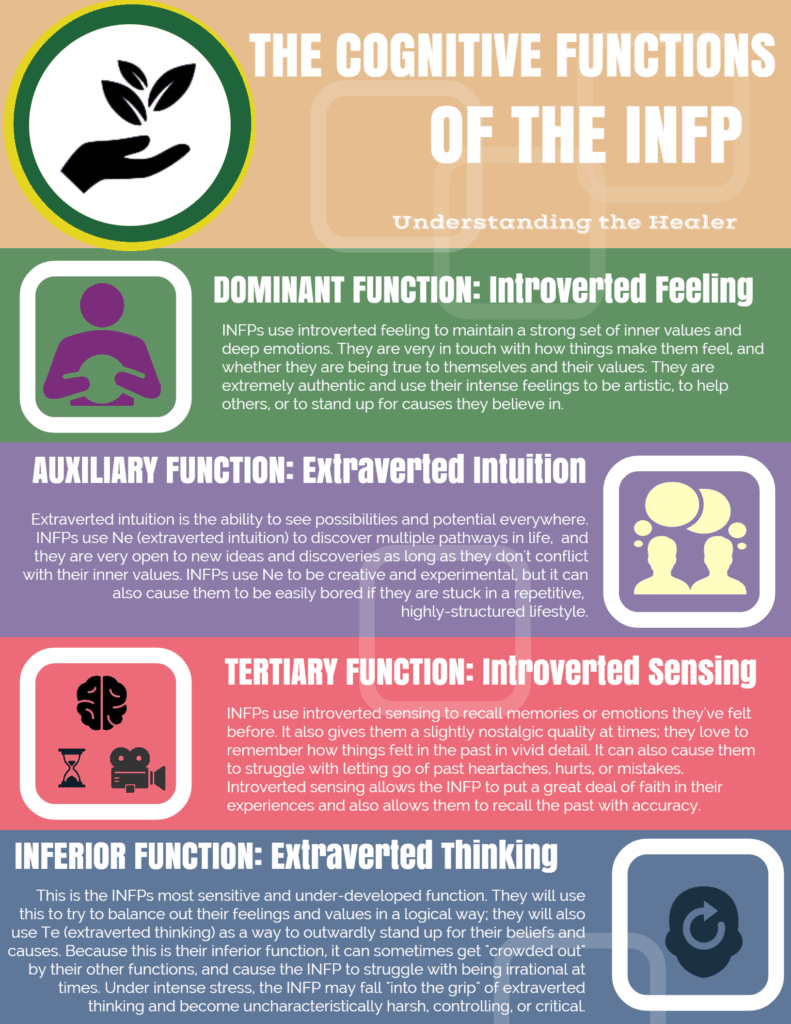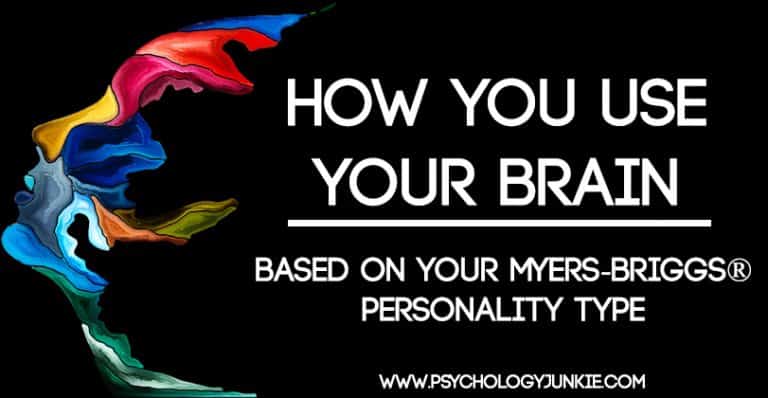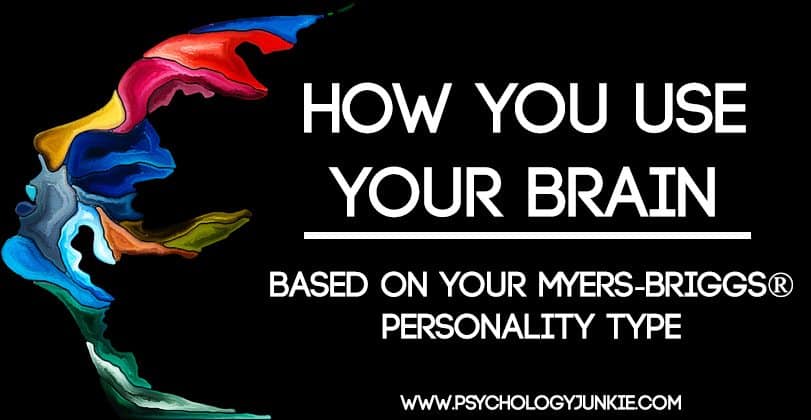What is Timothée Chalamet’s Myers-Briggs® Personality Type?
At the end of 2023 my kids and I went to see Wonka in the movie theater four times (I know it’s a lot, but it was an extraordinarily good children’s movie, which I personally find rare). Everyone in our family fell in love with the enthusiasm, imagination, and whimsy of the musical, and afterwards, of course, we became interested in Wonka’s performer: Timothée Chalamet. Over the years I’ve been asked to “type” many famous people, but it’s always been a challenge because I can’t necessarily sit across from them personally to get to know them and their unique preferences. Timothée Chalamet has been one of the actors I’ve received dozens of requests to profile.
I decided, all risks considered, to attempt to profile Chalamet over the last few months. I read dozens of articles, watched dozens of interviews and performances, and even looked at input from other type professionals. Today I’ll be summing up what I discovered about his personality! I hope you enjoy it!

DISCLAIMER: As an MBTI® practitioner I haven’t personally profiled Timothée Chalamet. All I can do is analyze what he has revealed about himself publicly. There is room for error here, so know this is just my best guess as to his type.
Not sure what your personality type is? Take our personality questionnaire here. Or you can take the official MBTI® here.
What is Timothée Chalamet’s Myers-Briggs ® Type?
“As an actor, you sort of live at a dining room table in your head, and you have about 30 personalities at the table, and you’re trying to attend to them, without going crazy.”
My analysis of Chalamet led me to believe that he is most likely an INFP “Dreamer” personality type. I’ll explain why as we go on. One thing I noticed right away is that Timothée reveals a kaleidoscope of contradictions: a disciplined professional, an uncertain idealist, a dreamer whose success feels both miraculous and disorienting. Whether he’s questioning the moral weight of a social media post, obsessively perfecting a tap routine for his mother and grandmother, or retreating to Woodstock to fumble through guitar chords, Chalamet is someone who thinks about the impact he has on the world. He’s contemplative, serious about his art, and focused.
Timothée Chalamet’s Preference for Introversion
Timothée Chalamet’s introversion shows up in his relationship with the external world and his need to retreat inward to process, recharge, and create. Despite his public-facing career, he is someone who craves stillness and solitude. In his interviews, he has expressed a longing for “undefined spaces”—quiet moments where he can reconnect with himself away from the relentless pace of fame. For example, he described his time residing at a solitary cabin in Woodstock as a “controlled burn,” where he rented a house to experiment, make mistakes, and find himself and his inner voice. This need to rediscover simplicity and calmness shows a decided preference for introspection over a lot of external stimulation.
I also noticed when watching YouTube videos of Chalamet that he would often give others the chance to speak first. While he smiled, laughed, and joked around congenially, he needed more time to think and process before giving his answers to questions. This aligns with an Introversion preference. Introverts need to access the inner world of thoughts or feelings or insights before they can express themselves, so they tend to be slower to respond to questions.
Chalamet also admitted that after high school he “spent a lot of time…with my head in the clouds, imagining a life as an actor, and totally oblivious to the life I was actually leading.” This imagination-centered approach is typical of people with a preference for Introversion and Intuition. INxx types struggle to stay present with the concrete realities because the inner world of imagination and ideas seems so much more inviting and full of inspiration.
To be honest, it wasn’t easy to decide whether Timothée was an introvert or an extrovert. He’s socially congenial, warm, and engaging. But when you dive deeper into his interviews you definitely see that the world in his mind has to be clear and reconciled before he can respond to outer world stimulus.
Introverts can be friendly, engaging, and warm. Introversion doesn’t mean you dislike people. And Timothée is an excellent example of that introverted warmth.
Why Timothée Chalamet Uses Introverted Feeling
Timothée constantly looks inwards towards his morals, his ethics, and what he feels is personally “right” for him. In interviews, he has repeatedly expressed the need to align his actions with his values, questioning not just what he does but why he does it. For example, during the George Floyd protests, he shared videos while he was at the protests but resisted posting direct messages. He later explained, “I care so much about this stuff. But I would never want my caring to be misconstrued. I don’t want my caring to be about me in any way.” Fi-types are deeply concerned with their motivations and they’re not afraid to really ask themselves the tough questions about why they do things.
Daniel Riley, who wrote The Making (and Re-Making) of Timothée Chalamet stated,
“He cares so genuinely about doing the right thing, about doing well by his family, his friends, and his fans. But he didn’t want to misuse his privilege or his platform, to overreach so that the gravity of his fame sucked up anything from anyone else whose moment it was to speak.”
“After a day of protests,” Timothée said, “I’d ask friends if they ‘felt good.’ If we do, is it a good thing to feel good, or does that mean we’re doing it for the wrong reasons? How much do I want to put on social media? Is it a virtue signal to put it on social media? But all social media is performative, right?”
Timothée’s tendency to self-interrogate is a powerful quality of Introverted Feeling. He has described himself as “chasing a feeling” and constantly questioning whether he is living up to his potential as an artist and a person. He once remarked, “I have so many thoughts on so much of it, but I don’t see the benefit of putting it down for consumption until I’ve really worked out exactly how I feel about it all.” This is so much what Introverted Feeling does. It has to mull over its own feelings and really organize and understand them in-depth before sharing them.
Unlike someone driven by external rewards, Timothée looks for inner integrity and alignment with his personal values. Similarly, his reflections on fame—how he strives not to “cash in” on his success—show a deep desire to stay true to himself, even under immense pressure.
In every aspect of his life, from the roles he chooses to the way he navigates public scrutiny, Timothée’s actions reveal an individual driven by a rich inner world, striving to create meaning and stay aligned with his values. It is this commitment to authenticity that makes Introverted Feeling such a defining feature of his personality.
Timothée Chalamet’s Use of Extraverted Intuition
Timothée Chalamet’s Extraverted Intuition (Ne) shines through in his imaginative, exploratory approach to life and art. Ne is described as a focus on possibilities, connections, and abstract patterns, and Chalamet demonstrates this focus both in his creative process and his reflections on the world.
One trait of the Extraverted Intuitive (NP) type is the ability to see multiple angles and possibilities, chasing after them with curiosity and enthusiasm. Chalamet’s statement about having “30 personalities at the table” in his mind captures this Ne tendency to entertain diverse perspectives and viewpoints all at once. He doesn’t simply experience one emotion or viewpoint; he considers a kaleidoscope of possibilities, shuffling between them without settling too quickly on a single answer. This is also evident in his acting process. Greta Gerwig (his director in Lady Bird and Little Women) noted that he “finds new angles” during scenes, surprising others with unexpected but perfect approaches. This flexibility and willingness to experiment speak to the Ne drive to explore and innovate.
“I love talking to him. We can get on the phone and talk for an hour or more without even realizing it, just skipping from subject to subject, making jokes, me feeling old and happy and him being funny and anxious and delightfully all over the place.” – Greta Gerwig
Chalamet’s restless, “all over the place” nature is synonymous with Intuitive-Perceiving types. They enjoy jumping from subject to subject, exploring unique angles, and using humor to create new connections and possibilities. Even INFPs, who are introverted, can become quite chatty when they’re brainstorming and verbally processing possibilities.
Chalamet’s seeking, exploring nature further reflects Ne. During the intervals between his films, he becomes “existential”—questioning, seeking, and exploring how he can evolve both as an artist and as a person. Producer Jeremy Kleiner described this as “a searching, a seeking,” noting Chalamet’s wide wingspan in taking in information from the world and letting it shape his choices.
“You need your ability to imagine, your ability to observe, and your ability to experience. And if any one of those is compromised, your ability to create is compromised in some way.” – Timothée Chalamet
In GQ’s article, “The Making (and Remaking) of Timothée Chalamet,” author Daniel Riley stated, “Here is another way I will remember him from this moment: sitting on that porch in Woodstock—breeze and birds in the trees, sunlight in the leaves—looking for a higher power. Or at least expressing openness, as a nonreligious person, to the idea of some central organizing force in the universe”
Chalamet’s hunger to understand not just in-the-moment possibilities but far-reaching insights about life itself screams a preference for Intuition over Sensation.
Even in his personal musings, Chalamet’s Ne emerges in his abstract, pattern-oriented thinking. For example, he compared life to an Etch A Sketch, saying, “You shake it up and then it’s all gone. You can’t just keep building on the same Etch A Sketch.” This playful yet philosophical analogy is quintessential Ne—a creative metaphor that connects disparate ideas to reveal a larger truth.
Timothée Chalamet’s Preference for Perceiving
Timothée Chalamet’s personality exudes the flexibility, openness, and spontaneity characteristic of a perceiving type. Perceivers tend to approach life with curiosity, adapting as they go rather than rigidly sticking to a plan. Interviewers often remarked of him showing up casually, suggesting a random walk around Manhattan while they talk, exploring different hole-in-the-wall delis or talking about a random array of different subjects.
As Timothée put it, “When you think you’re doing some great thing, it’s probably something you’ve done before, and when you really f***ing have no clue, that’s when you’re doing something on the edge, good or bad.”
Chalamet likes challenging himself and doing new things, even when the risks are high. During his time in Woodstock, he purposefully allowed himself space to screw up and “make small mistakes.” He wanted a period of time that was totally unstructured for him to get to experiment with ideas without the probing eyes of the public on him. For him, the process itself is as valuable as the outcome, a perspective that matches up with the perceiver’s focus on flexibility and adaptation.
This openness is also evident in Chalamet’s lifestyle. It extends beyond his work to how he sees life itself. Reflecting on his unconventional upbringing, he said, “I grew up in arts housing, Manhattan Plaza, which is a funky way to grow up. I could try to paint it negatively to you. I could try to paint it positively, but it’s a bit of everything. It’s nuanced.” Perceivers often resist boiling things down to black-and-white conclusions, instead appreciating the complexity and nuance of experiences.
His relationship with routines also speaks to his perceiving nature. While Introverted Sensing (Si) occasionally pulls him toward familiar rituals like getting the same bacon, egg, and cheese sandwich every day, Chalamet often finds himself restless in repetition. He’s described feeling “existential” after too many days of doing the same thing, saying, “I just got this overwhelming sense that I was still playing the same hand of cards I’d had for a long time—but that I had a better hand to play.” This restless search for new possibilities over sticking with what’s comfortable is classic perceiver behavior.
Ultimately, Timothée Chalamet’s perceiving preference is what fuels his creativity, curiosity, and ability to embrace life’s uncertainties. For him, the journey is where the magic happens, and his willingness to adapt along the way makes him not just a talented actor but also a deeply inspiring individual.
Timothée Chalamet: The INFP in Action
At the end of the day, Timothée Chalamet embodies so much of what makes INFPs unique. He’s introspective, deeply values-driven, and constantly searching for meaning in what he does. You can see his INFP side in the way he questions his choices, upholds authenticity, and creates art that resonates with something deeper than surface-level success.
His introversion shows up in his need for quiet reflection and time to process, while his extraverted intuition keeps him exploring new ideas, possibilities, and ways of expressing himself. He’s the kind of person who doesn’t settle for easy answers—he wants to dig deeper, connect with his values, and align his actions with what truly matters to him.
Timothée isn’t just playing a part in his career or his life; he’s creating something real and meaningful, driven by his inner world. That’s what makes him stand out—not just as an actor, but as a person. It’s also what makes him such a perfect example of the INFP personality type: authentic, creative, and always chasing something more.
Other Articles You Might Enjoy:
What Is Cillian Murphy’s Myers-Briggs® and Enneagram Type?
The Favorite Movies of Each Myers-Briggs® Personality Type
Here’s the Iconic Male Movie Character You’d Be, Based On Your Personality Type
References:
The Making (and Re-Making) of Timothée Chalamet
Timothée Chalamet: The Making of a Global Superstar
Timothée Chalamet Goes Electric
The Chalamet Effect: Timothée Talks Fate, Fashion, and Being an Old Soul













